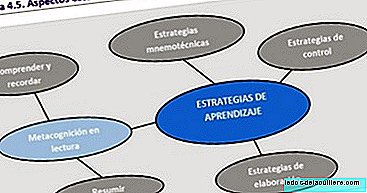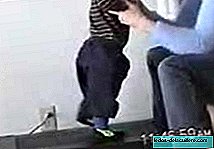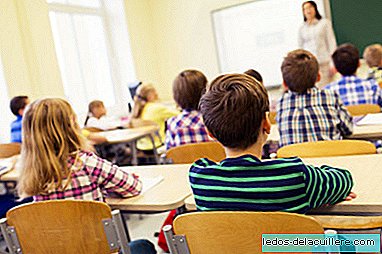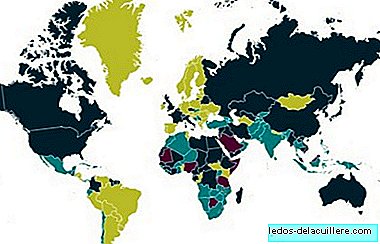
To get the PISA report from the OECD a sample of randomly selected 15 year old students. This age corresponds to the students of 4th year of ESO in Spain. In the last year 2009, 25,000 students from 910 Spanish schools participated. The student performs a 30-minute questionnaire about his family, home, educational activities, time spent studying, etc. This report is also filled out by the center. It seems to be an opportunity to obtain sociodemographic information to contrast the test results. The OECD is the Organization for Economic Cooperation and Development, is made up of 34 states and aims to coordinate its economic and social policies to maximize its economic growth.
The exam lasts two hours and includes 40 questions. 13 booklets are used that combine multiple choice responses and open responses. Each student takes a different exam and together they contribute to obtaining the final result for the PISA report. The 2009 results indicate that:
- Reading competence: 481 for Spain. The OECD average is 493. The first three are: China (Shanghai and Hong Kong), South Korea, Finland
- Mathematical proficiency: 483 for Spain. The OECD average is 496. The first three are: China (Shanghai and Hong Kong), Singapore and South Korea
- Scientific competence: 488 for Spain. The OECD average is 501. The first three countries are: China (Shanghai and Hong Kong), Finland and Singapore
And what do the teachers say about these results?
He PISA report assesses the capacity of students acquired by knowledge, experiences, values and attitudes. PISA exams raise situations that students must solve by applying knowledge and experiences acquired in school, in the family, with friends, in other settings, etc.
In 2006, with the LOE, the competencies were introduced so that the students acquired the knowledge that PISA evaluates. It seems that neither students nor teachers have had time to change the mentality, the teaching methods and the concept of the competences that are evaluated.
My question then is: what kind of competencies were developed in Spanish society before 2006 if Spanish students do not leave well in an evaluation that takes into account reading, mathematical ability and the ability to solve problems by applying the method rational in an academic, leisure and development environment in a global world.
We will be very attentive to the results of PISA 2012 that I imagine will be close to publication.












